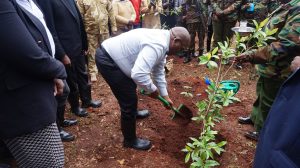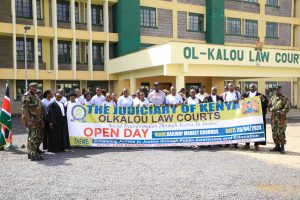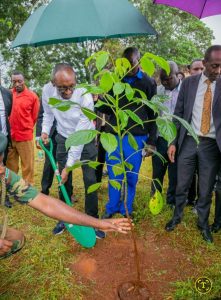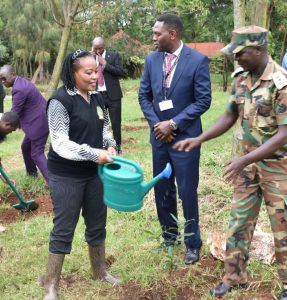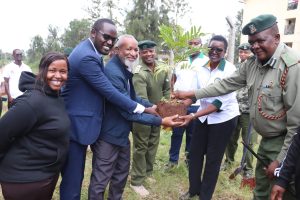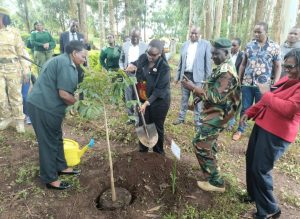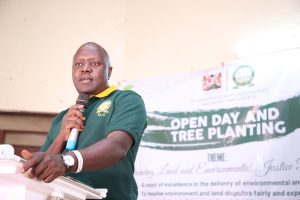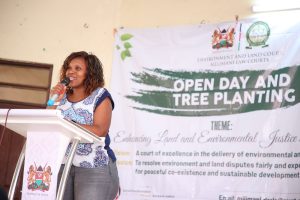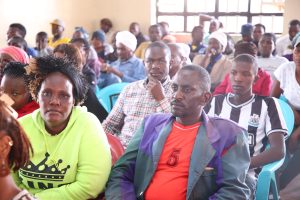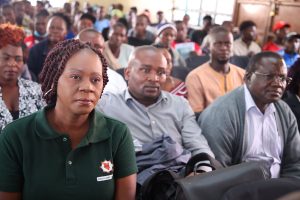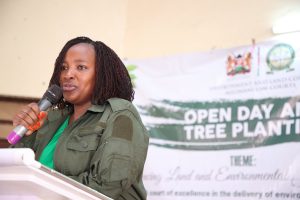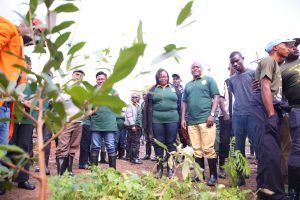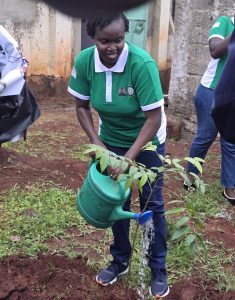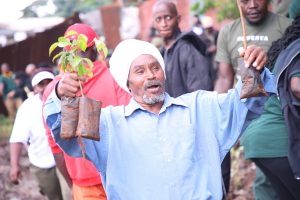Judge calls for homegrown solutions to resolve land disputes
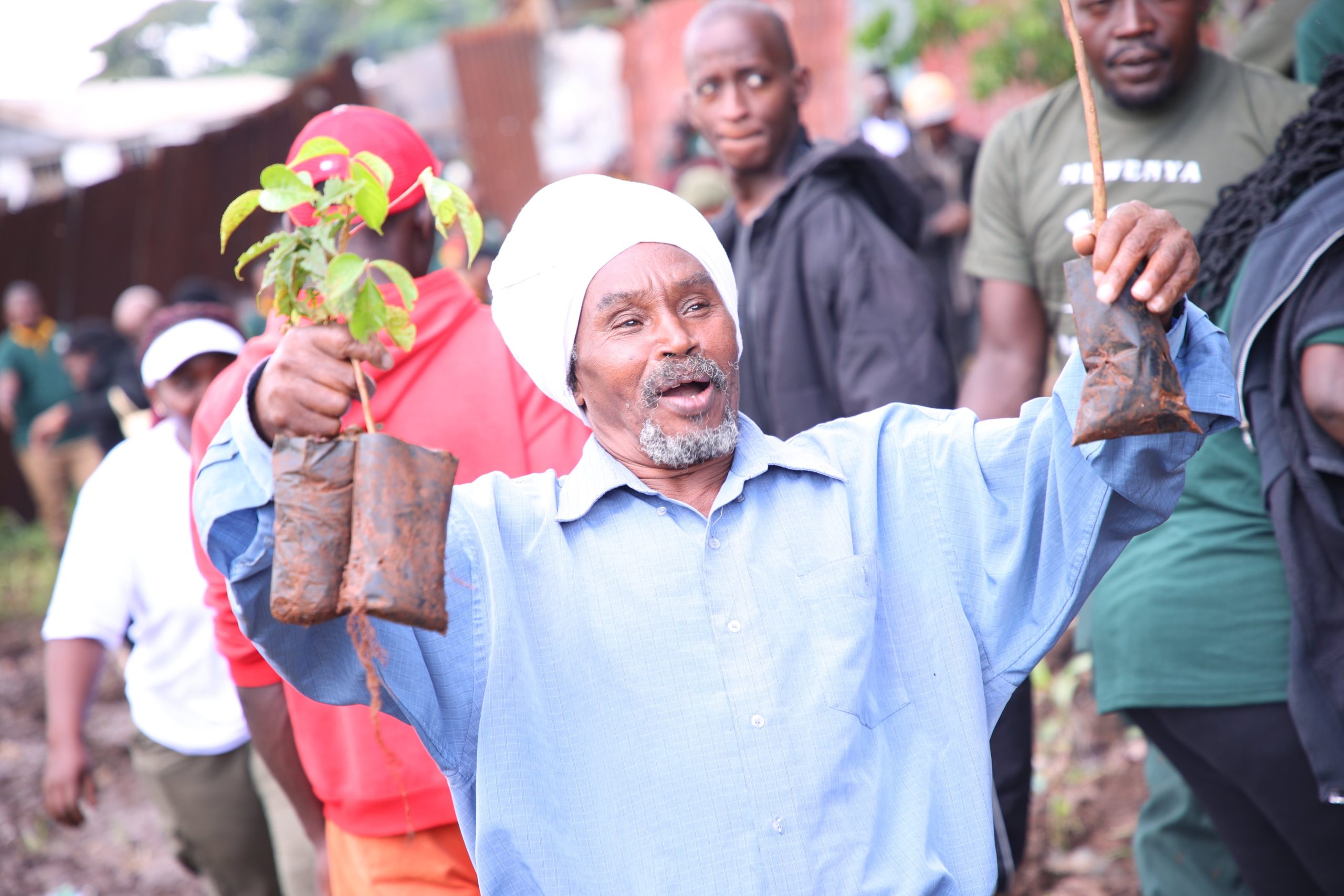
Judge calls for homegrown solutions to resolve land disputes
Communities should find homegrown solutions to land disputes by leveraging initiatives such as the recently established Nairobi Land Justice Working Group that is tasked with delving into comprehensive initiatives for enhancing land justice in Nairobi City County.
Speaking at the ELC Open Day and tree planting in Daniel Comboni Primary School in Korogocho, an activity that was also carried out in 40 other counties where the ELC has a presence, the Environment and Land Court (ELC) Principal Judge Oscar Angote said there is need for the community to seek innovative ways that are homegrown to resolve issues that affected them.
He explained that the working group is utilising public and stakeholder consultative engagement sessions to ensure that their voices are heard and their concerns addressed.
Angote noted the group is undertaking their assignment through innovative people-centred approaches such as Alternative Justice Systems and Court Annexed Mediation saying he remains confident that the collaborative and comprehensive approach will yield tangible results.
He noted that Nairobi County, as the economic hub of Kenya, and the region holds immense potential for growth and prosperity but also faces unique challenges related to land use, planning and environmental degradation.
He reiterated the need for urgent effective environmental management and sustainable land use practices, which the court would strive to uphold in the face of recent flooding within the capital city and especially informal settlements where lives have been lost.
The Environment and Land Court is tasked with resolving disputes surrounding security of land rights, sustainable management of natural resources, sound conservation and protection of ecologically sensitive areas, elimination of gender discrimination in land and encouraging communities to settle land disputes through local community initiatives.
“Over the past 11 years, we have witnessed remarkable achievements in the administration of environment and land justice. The court reduced its case backlog from 30,000 cases in 2014/2015 to 16,000 in 2021/2022,” he told the gathering.
He added: “As custodians of environmental and land justice, we are committed to applying the law diligently, guided by the principles of equity and sustainability. We aim to promote fair and timely resolution of disputes while advocating for responsible stewardship of our natural resources.”
The Principal Secretary in the State Department for Devolution Teresia Mbaika who joined the tree planting activity described the collaboration with the Environment and Land Court as vital saying it did not just involve planting trees, but was also sowing well cultured communities. She said the government advocates for an inclusive approach to strategize on how best to solve issues affecting its people.
The Open Day and tree planting event in Nairobi run concurrently in 40 counties where the Environment and Land Court has a presence countrywide. Justice Angote also led a team of ELC judges and staff in several tree planting initiatives on the banks of Nairobi River within Korogocho, the third largest informal settlement in Nairobi.





